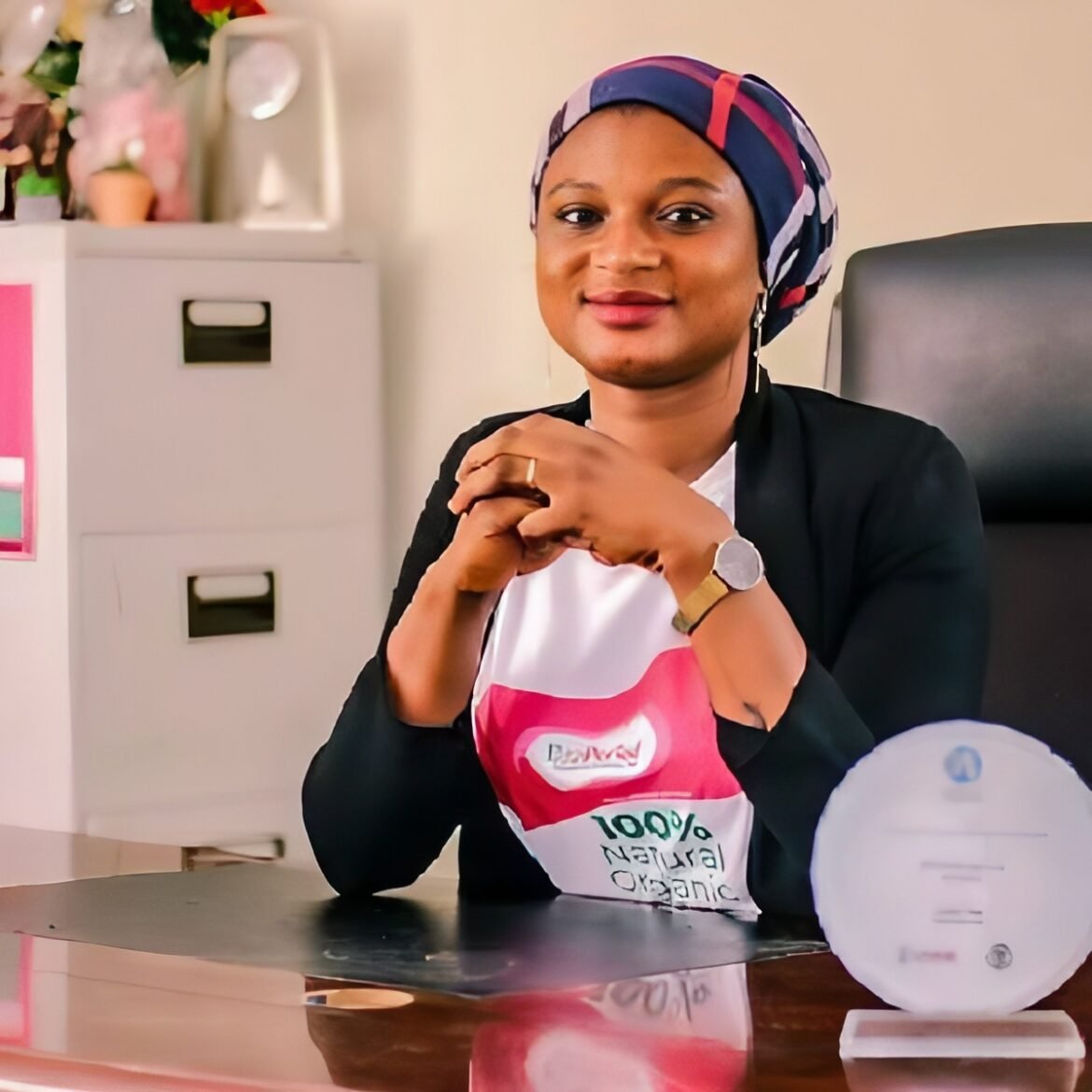Eco-Me Africa, founded by Amdiya Abdul Latiff, supports underprivileged girls in Ghana by supplying them with reusable menstrual pads.
Amdiya Abdul Latiff never imagined a routine teaching experience would change the course of her life. Fresh out of university and serving her national service in a rural community in Ghana, she noticed something troubling. Bright young girls were missing school because they couldn’t afford something as basic as sanitary pads. Some used rags. Others resorted to newspapers, while a few desperate ones turned to old socks.
A study, funded by Plan International, discovered that 83% of rural girls in the Wa East district of Ghana had no access to menstrual products. Some girls in Ghana’s poorest region even trade sex for pads, which increases the risks of HIV, unwanted pregnancies, and social stigma.
A report from the Menstrual Health Country Snapshot for Ghana revealed that as many as 95% of Ghanaian girls miss school each year due to menstrual health challenges. Additionally, 9 out of 10 girls are absent from school during their period.
Making matters worse, Ghana imposes a 20% import tax and a 12.5% Value Added Tax (VAT) on sanitary pads, classifying them as finished goods. This taxation structure contributes to higher retail prices, making these essential items less accessible to those with limited financial resources.
This reality was heartbreaking and unacceptable for Amdiya Abdul Latiff. Instead of simply sympathising, she took action.
A problem too big to ignore
At first, Latiff’s response was to distribute disposable sanitary pads to the girls in need. But soon, she realised the flaw in this approach. These pads were expensive, inaccessible, and most critically, they ended up as waste, contributing to an already alarming plastic pollution crisis.
Determined to find a better, long-term solution, the innovator sought a way to make menstrual hygiene products both sustainable and affordable. The answer came in the form of Eco Period Reusable Sanitary Pads. With this discovery, Eco-Me Africa was born.
Eco-Me Africa is born
Eco-Me Africa, a social enterprise, is dedicated to combating period poverty, advocating for sustainable living, and empowering women. The organisation also provides training to socially disadvantaged women, including single mothers and survivors of gender-based violence, enabling them to handcraft sanitary pads. This initiative equips them with valuable skills and fosters financial independence.
For every pad purchased, another is donated through the Buy One, Give One-RuGirlz Initiative. The RuGirlz EMS (Rural Girls Empowerment Programme) is an initiative designed to help girls stay in school by ensuring they have consistent access to menstrual hygiene products and education.
Since its launch, Eco-Me Africa has provided 15,000 menstruators with access to reusable sanitary products.
Empowering and educating
Eco-Me Africa is equally challenging the deep-rooted cultural stigma around menstruation through education and mentorship programmes where they teach young girls about their bodies.
Furthermore, they contribute to protecting the environment. Disposable sanitary pads contain up to 90% plastic. Which means that every pad a girl throws away could take hundreds of years to decompose. Multiply that by millions of menstruators, and the environmental impact is staggering. Eco-Me Africa is actively reducing this crisis. So far, the organisation has prevented over 1.3 million sanitary pads from becoming waste.
Have you registered for the Africa Female CEO Conference (AFCC)? Join over 200+ influential and emerging African women leaders at the inaugural AFCC on September 18th at Radisson Blu, Ikeja, Lagos, to chart the course for Africa’s future. Hit this link to reserve your slot: https://tix.africa/africa-female-ceo-conference-afcc.



